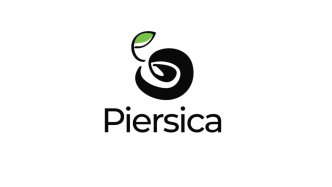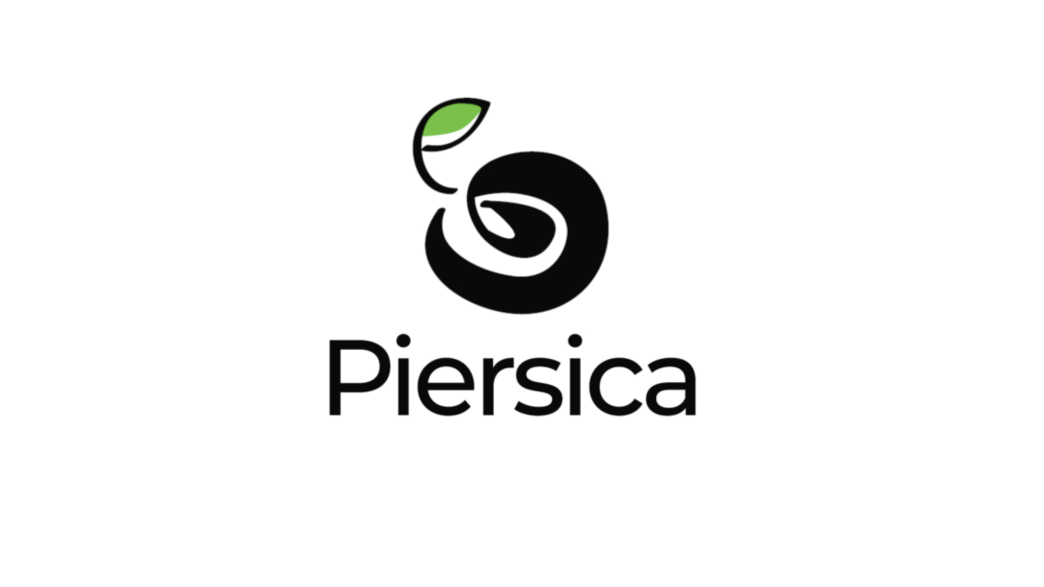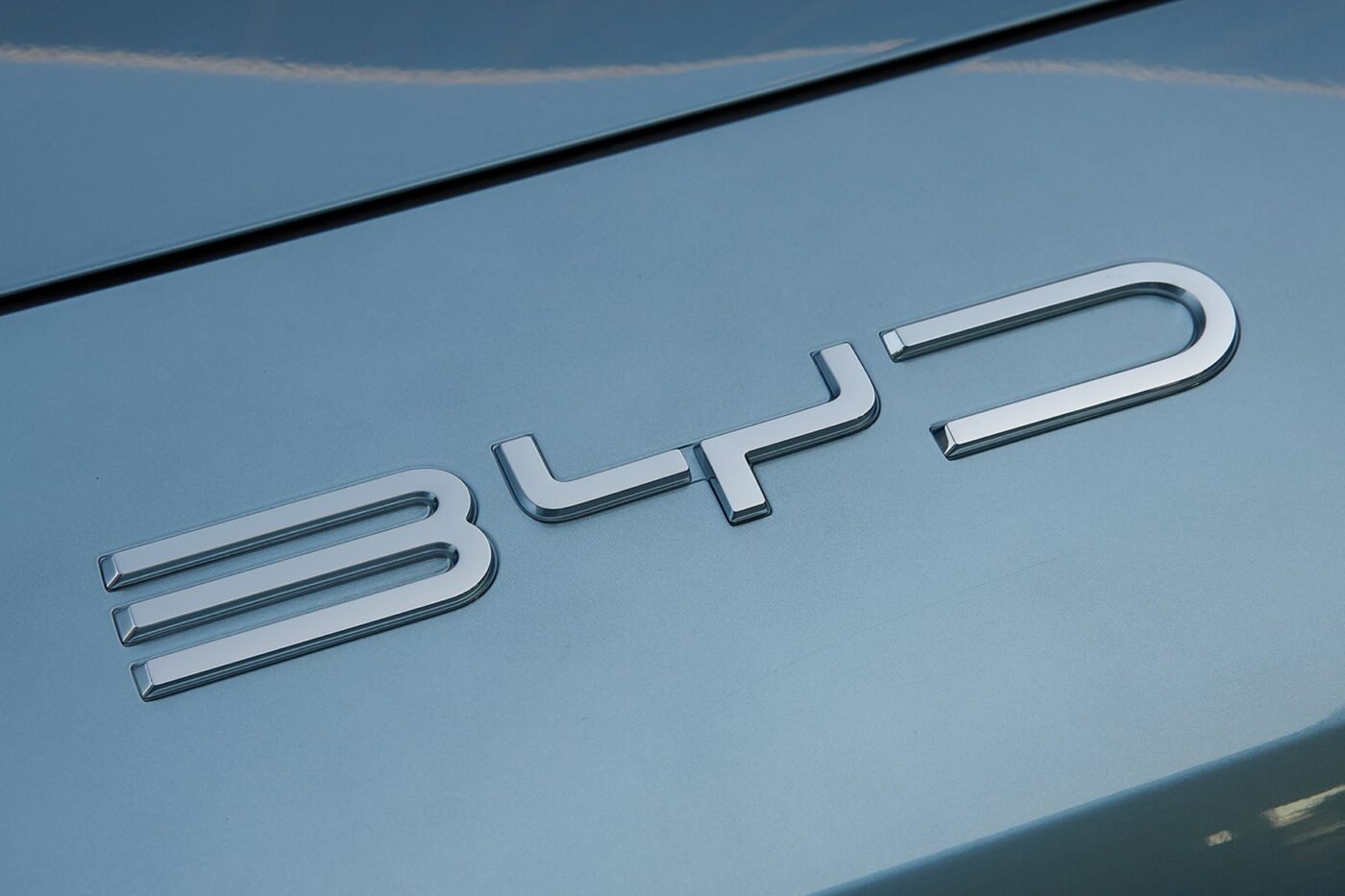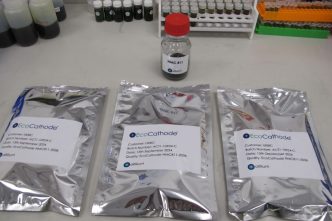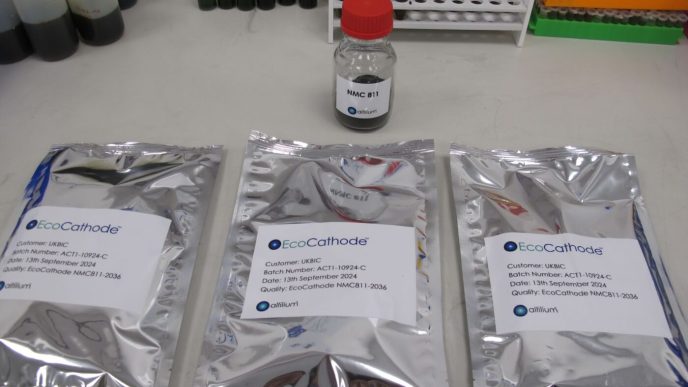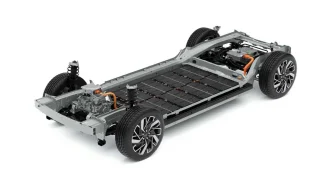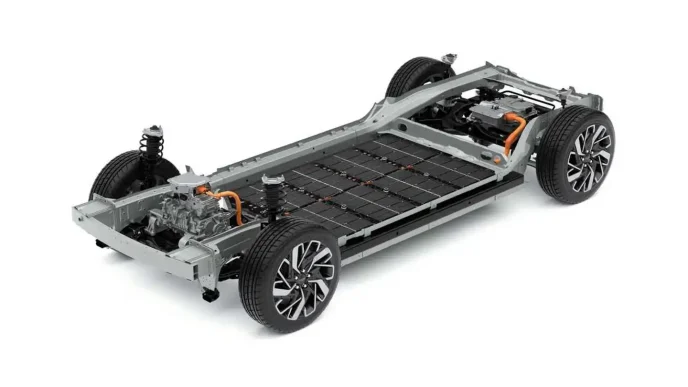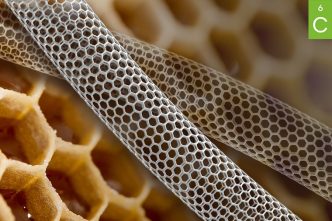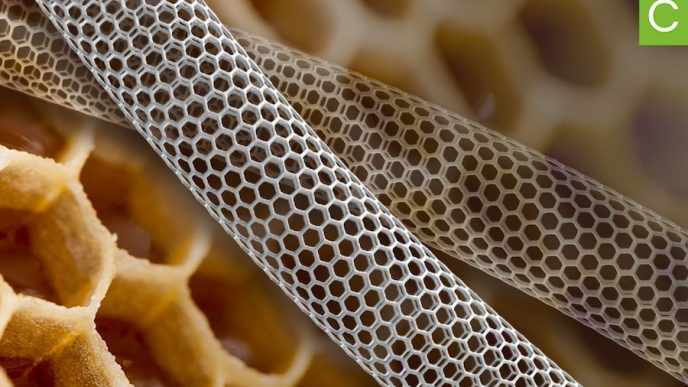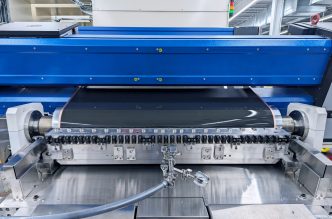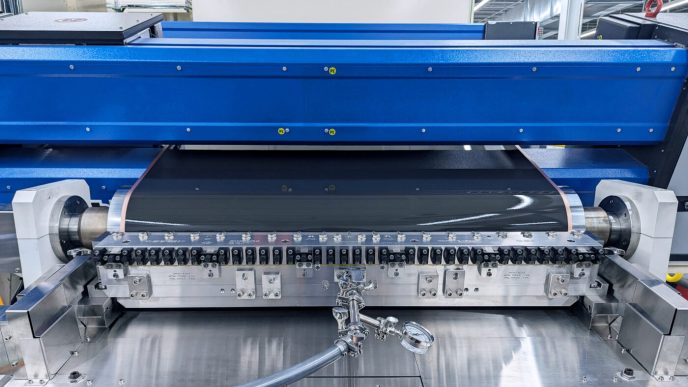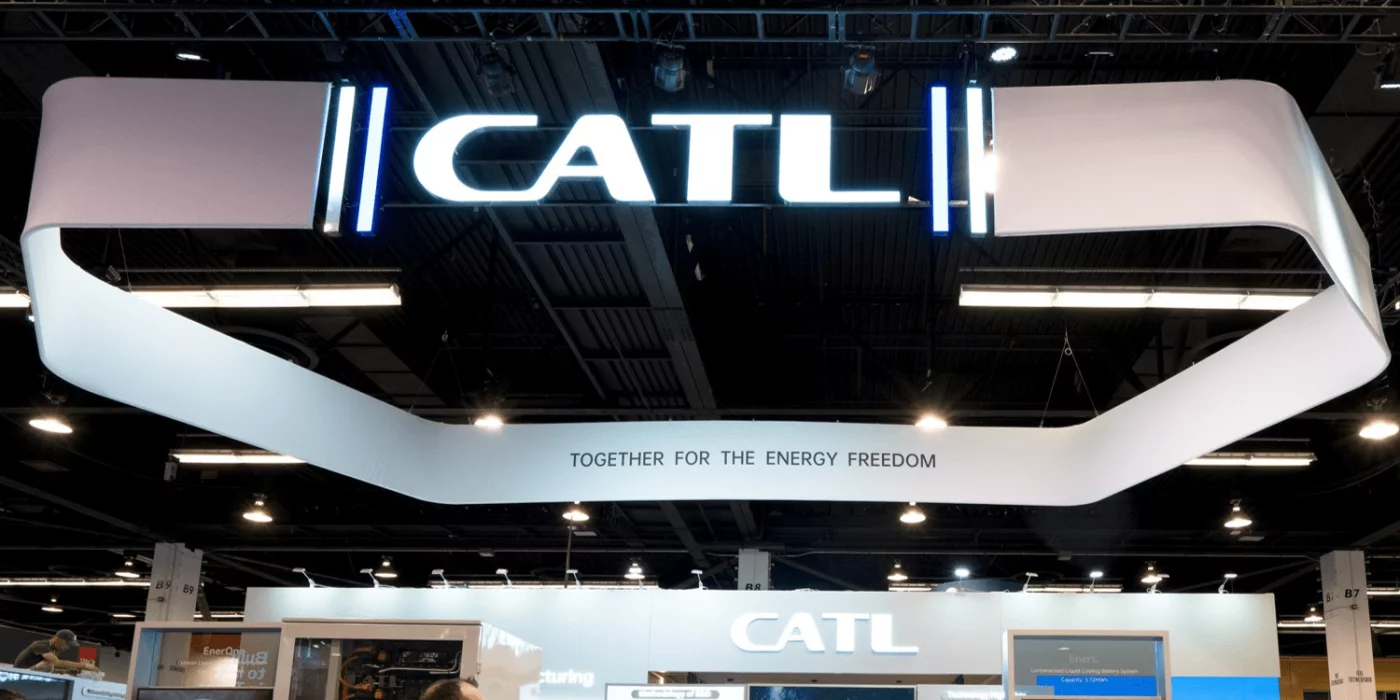Piersica has secured a $1 million Phase II grant from the National Science Foundation (NSF) through its Small Business Innovation Research/Small Business Technology Transfer (SBIR/STTR) Programs. This funding aims to support the research and development of a new class of highly conductive solid polymer separator membranes compatible with high-voltage cathodes.
The company is developing a next-generation solid-state battery designed to enhance battery capacity for various rechargeable devices, including mobile phones, laptops, electric vehicles (EVs), and robots. With its focus on high energy density, Piersica expects its solid-state battery technology may enable new applications, such as electric aircraft and long-range electric delivery drones.
Led by Dr. Claudiu Bucur, Piersica utilizes proprietary materials to advance its battery technology. Key components include:
- A proprietary lithium-conductive polymer,
- A highly conductive solid polymer electrolyte layer,
- A solid 3D lithium-metal anode layer, and
- A solid, high-voltage, cobalt-free cathode layer.
The company aims to achieve an energy density of 630 Wh/kg, which is approximately 2.5 times higher than current lithium-ion batteries.
Small businesses that receive a Phase I SBIR/STTR grant of up to $275,000 are eligible to apply for Phase II funding, which can reach up to $1 million. Additionally, Phase II recipients may qualify for up to $500,000 in matching funds through qualifying third-party investments or sales.
Piersica’s NSF Phase II grant marks the sixth SBIR/STTR award it has received since 2022, totaling $1.9 million in non-dilutive capital. In April 2024, the company also received a grant from the Shell GameChanger program and remains actively involved in that initiative.

